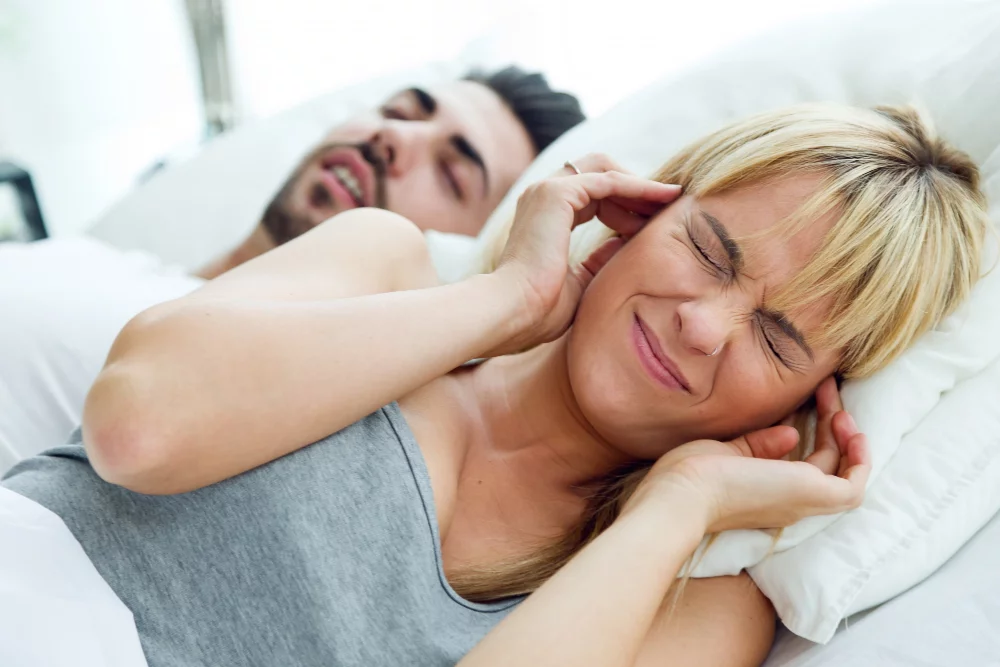
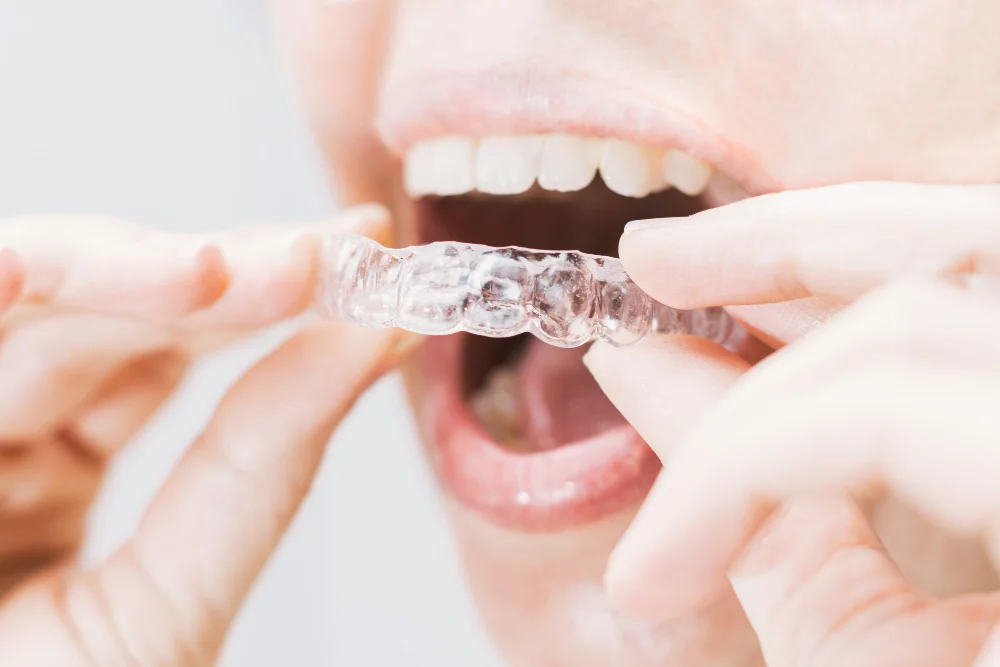

01
02
03
Risk of falling asleep while driving
04
Risk of high blood pressure and heart disease
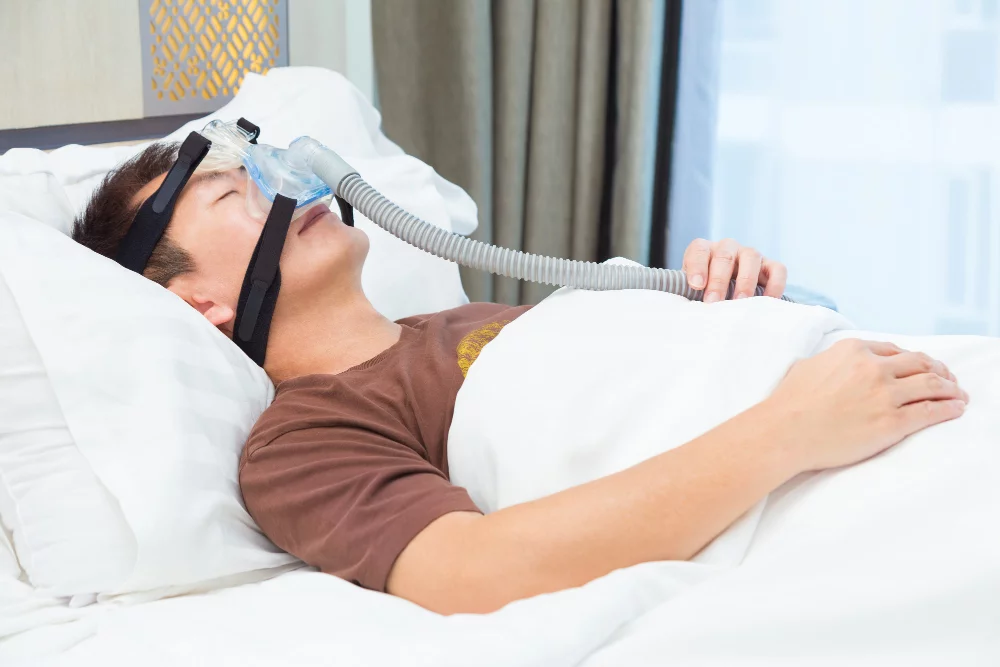

Snoring is one of the main symptoms of obstructive sleep apnea.
Sleep apnea, which is characterized by interruption of breathing once or several times while sleeping, causes many health problems such as lack of attention, extreme irritability, forgetfulness and, in more advanced cases, heart disease.
With a polysomnography test, the amount and duration of respiratory pauses and reductions during sleep can be measured, as well as blood pressure and blood oxygen level. It is used in the diagnosis of snoring and sleep apneas, along with a detail clinical examination and sleep history.
If necessary, consultation from an ENT specialist, neurologist or pulmonologist is requested.
With increasing age, various anatomical structure can sag overtime, increasing the risk of snoring. With NIGHTLASE laser therapy, the laser is targeted on the soft tissues of the soft palate and posterior tongue area, in order to strengthen and tighten them. With just 3 short sessions, successful results can be obtained.
Benefits of snoring treatment with laser:
In some patients with advanced problems, an anti-snoring appliance may be required. The appliance is used to push the patients lower jaw forward, to create enough space for the tongue and prevent blockage of the airway. It can also be used in conjunction with NIGHTLASE therapy.
In patients with sleep apnea, they may require a specialist CPAP mask which is provided by other specialties such as ENT.
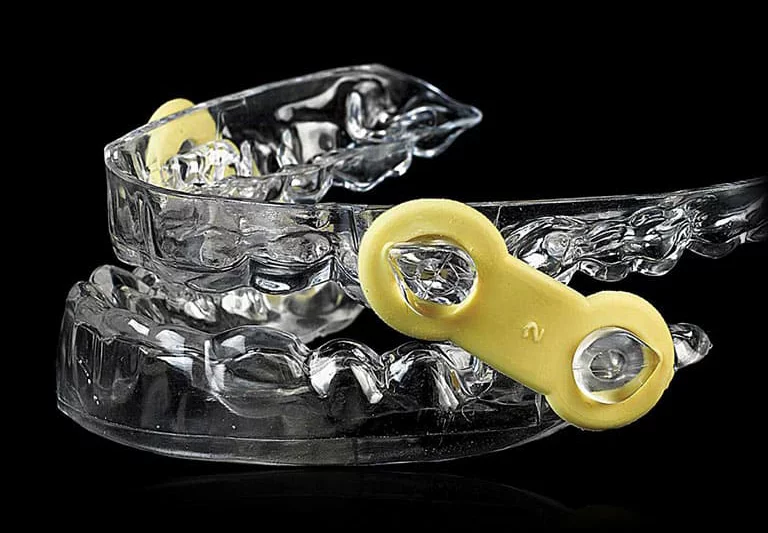

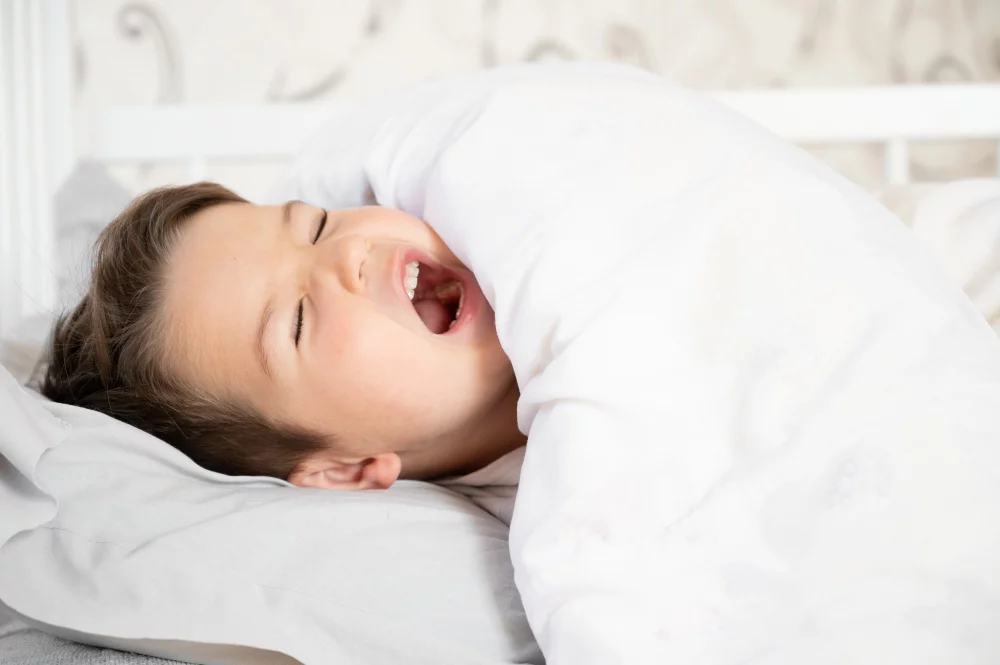

Some children may have a pre-existing tongue tie. If the tongue is positioned further back due to the tie, it may increase the risk of airway blockage and snoring issues. A tongue tie can be released with a very short, simple laser treatment.
Click on one of our members to chat on WhatsApp or send us an email at info@gloriadentravel.com
You can also call us at +34 674 224 346 during business hours.